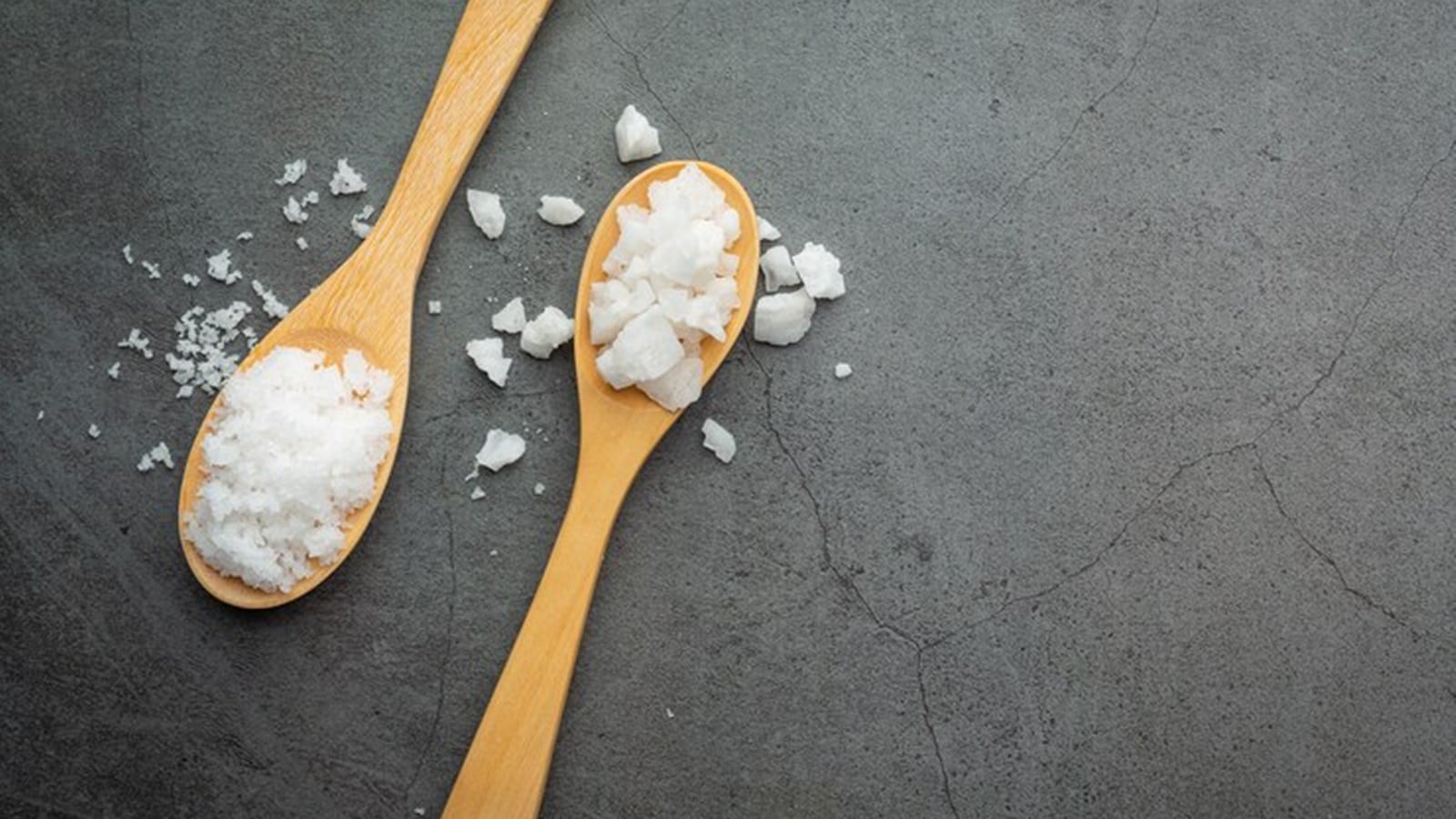📣 For more lifestyle news, click here to join our WhatsApp Channel and also follow us on Instagram
Here’s what happens to the body if you eat more salt than required daily
According to the World Health Organization (WHO), adults must consume less than 5 grams of salt per day, equating to about 2,000 mg of sodium.
 What are the immediate effects of high salt consumption? (Source: Pexels)
What are the immediate effects of high salt consumption? (Source: Pexels)Salt plays a vital role in the body by helping regulate fluid balance, muscle function, and nerve signaling. However, excessive consumption can lead to serious health risks, making it essential to adhere to daily recommendations.
How much salt should we consume?
According to the World Health Organization (WHO), adults must consume less than 5 grams of salt per day, equating to about 2,000 mg of sodium. Dr Rakesh Gupta, Senior Consultant–Internal Medicine from Indraprastha Apollo Hospitals, recommends a daily intake of 1,500–2,300 mg of sodium, with the American Heart Association endorsing the lower end of that range.
Sticking to these guidelines helps prevent hypertension, cardiovascular diseases, and strokes, which are strongly linked to high salt intake.
What are the immediate effects of high salt consumption?
When you consume more salt than recommended, Dr Jayanta Thakuria, Director – Internal Medicine and Rheumatology, Yatharth Super Speciality Hospitals, Faridabad, explained your body experiences several immediate changes:
- Increased Thirst: Excessive salt disrupts your body’s fluid balance, causing dehydration and triggering intense thirst to restore equilibrium.
- Water Retention: Your kidneys work to balance sodium levels, leading to fluid retention and bloating. This excess fluid can cause puffiness and swelling in various parts of the body.
- Temporary Rise in Blood Pressure: Extra sodium draws water into your bloodstream, increasing the volume of blood and subsequently elevating your blood pressure.
 While salt is essential, moderation is key to avoiding its harmful effects. (Source: Freepik)
While salt is essential, moderation is key to avoiding its harmful effects. (Source: Freepik)
What are the long-term health risks?
Long-term high salt consumption can significantly affect your health, both Drs Thakuria and Gupta, agreed:
- Hypertension (High Blood Pressure): Persistent high salt intake can lead to chronic hypertension, a major contributor to heart disease and stroke. Dr. Rakesh Gupta highlights that excessive salt can overwork the heart, leading to conditions like heart failure.
- Kidney Damage: Salt increases the kidney’s workload by affecting fluid retention. Over time, this can result in kidney disease or exacerbate existing conditions.
- Bone Health: High sodium levels lead to increased calcium excretion through urine, potentially causing calcium deficiency and increasing the risk of osteoporosis.
- Increased Risk of Stomach Cancer: Studies have linked a diet high in salt to an increased risk of developing stomach cancer due to its harmful effects on the stomach lining.
While salt is essential, moderation is key to avoiding its harmful effects. Excessive intake can lead to both immediate discomfort and serious long-term health risks, from high blood pressure to kidney damage and increased cancer risk. Consulting with healthcare professionals can help tailor a diet that meets your sodium needs while safeguarding your health.
DISCLAIMER: This article is based on information from the public domain and/or the experts we spoke to. Always consult your health practitioner before starting any routine.
📣 For more lifestyle news, click here to join our WhatsApp Channel and also follow us on Instagram
- 01
- 02
- 03
- 04
- 05



























